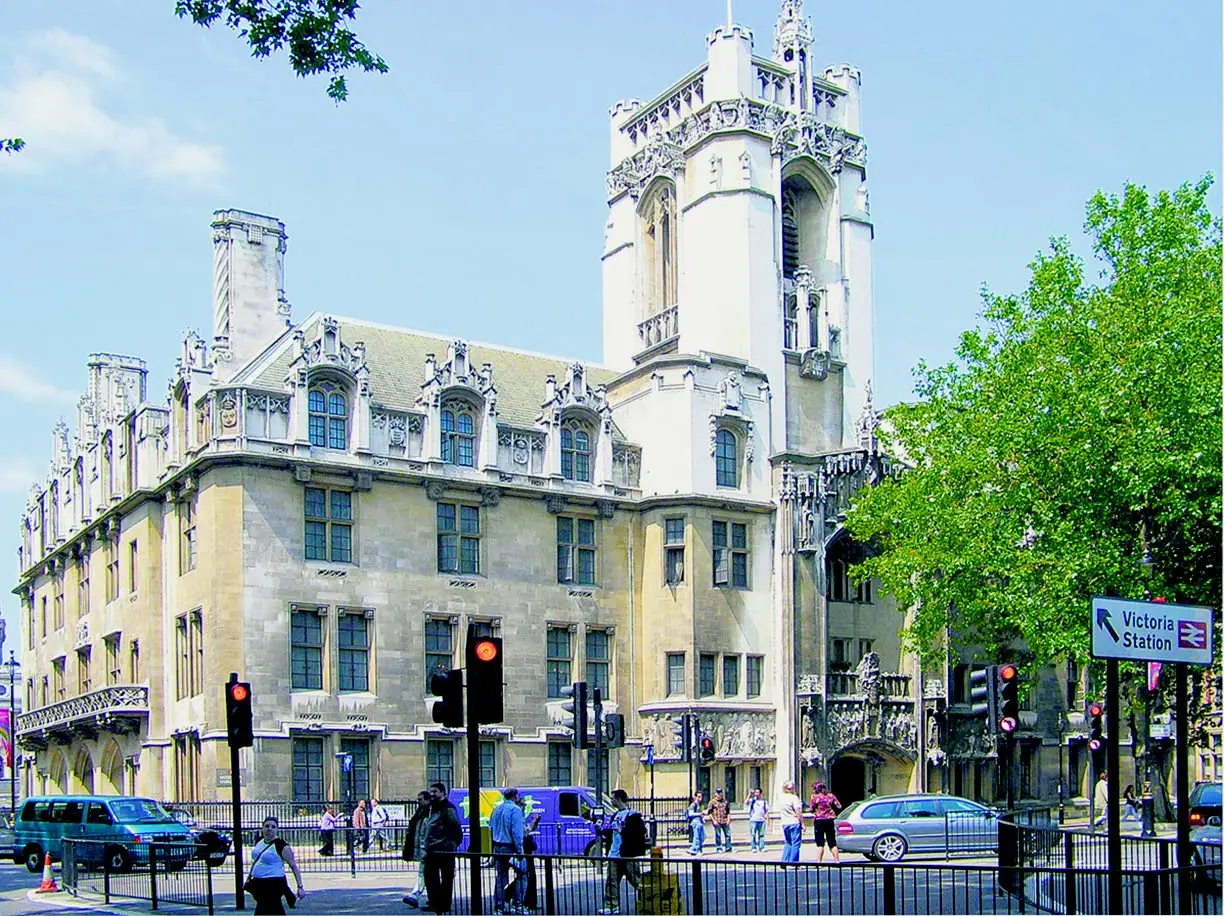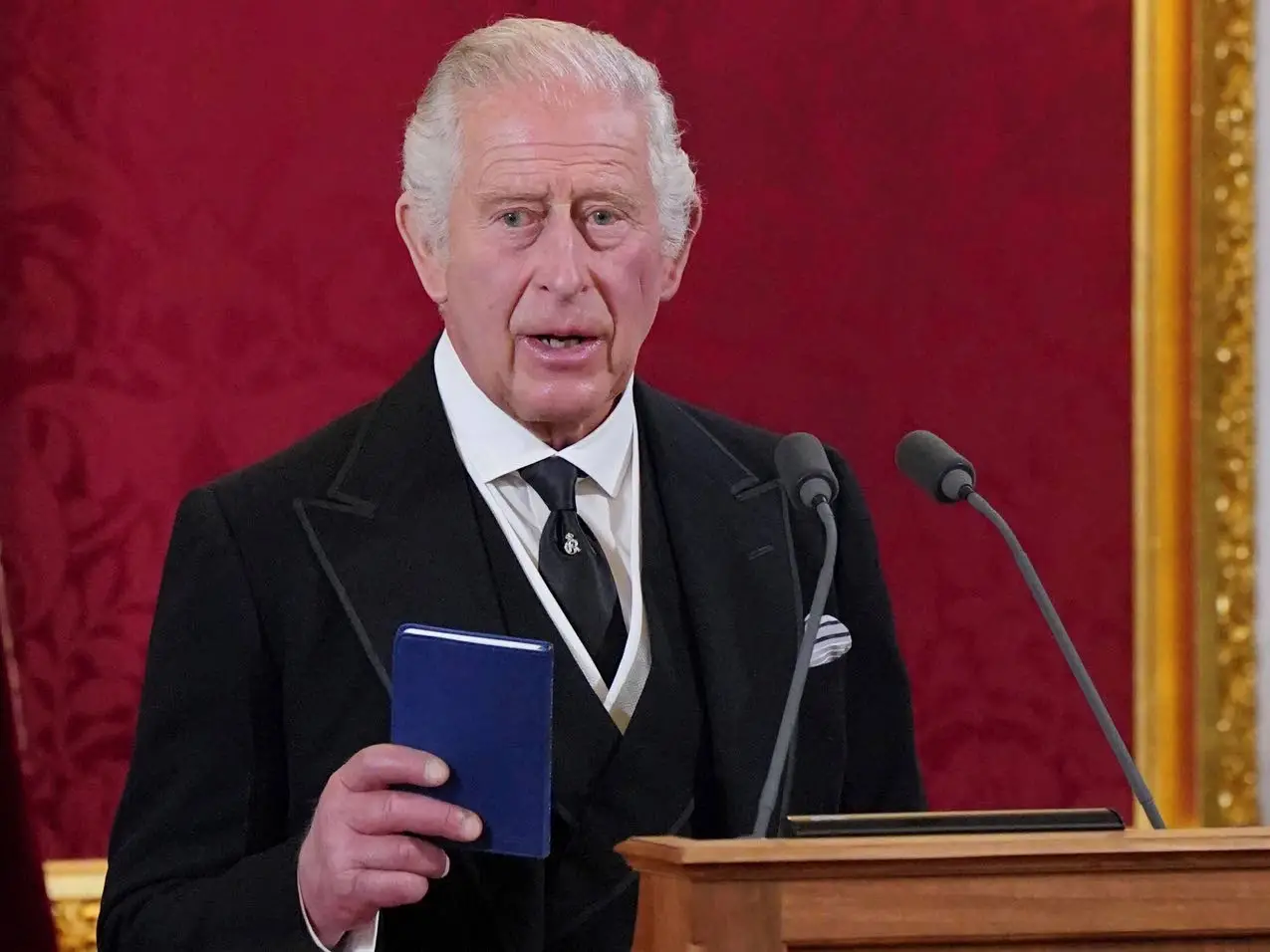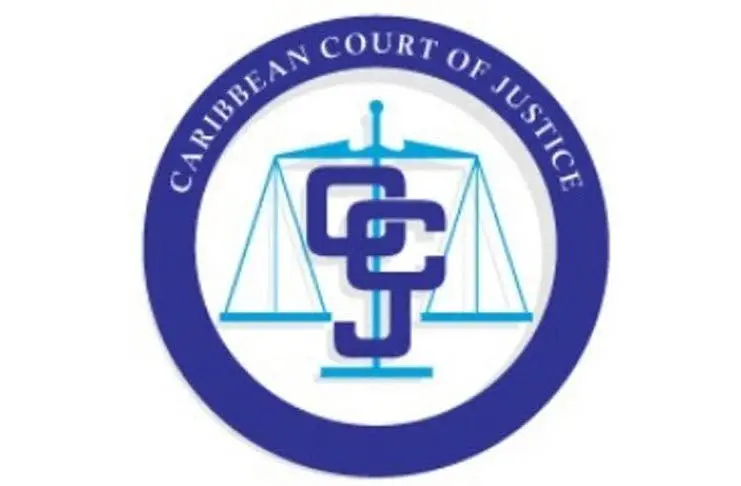
Harsh truths about constitutional reform
There are some who would see Jamaica’s transition from a constitutional monarchy to a constitutional republic as a historic endeavour, but historic does not always mean it is a step in the right direction, especially since there is no evidence to contradict my long-held assertion that this is becoming a republic for the sake of it just so we can have a president for the sake of it.
The loftiness of it all makes it very easy for anyone to buy into. But after doing careful examination, I am here to expose some harsh truths that those who support this shift tend to overlook.
The first point of contention is that of the final court of appeal. The current model stipulates that final appellate jurisdiction rests with the Judicial Committee of the Privy Council (JCPC). Over the last two decades there has been a debate about replacing the JCPC with the Caribbean Court of Justice (CCJ). This move is one that has already been made by several Caribbean countries. The disagreement is that the Government supports retaining the status quo for now while the Opposition favours the change.
This is somewhat confusing for several reasons. Why would an anti-royal and pro-republic Government be opposed to altering the final appellate court? That makes no sense, especially in light of two additional variables. First, it is much easier to change the final court than it is change the head of State, the latter requires a referendum, whereas the former does not. Second, there have been several judges who sit on the JCPC openly telling us they would rather not hear cases from Jamaica or the rest of the Caribbean, as it takes time away from their other work. In other words, the Law Lords themselves are encouraging us to join the CCJ.
I have yet to hear the King or any other royal tell us they want us gone so they can focus on their other realms, the most I’ve ever heard from the palace is that it is a matter for the Jamaican people to decide. In light of this, it baffles the mind as to why the Government is making no move towards the CCJ although that is much easier than moving us to a republic. And we should not buy the argument about a phased approach. If that were the case, then why not do the easier task first? There is literally no plebiscite required to leave the JCPC, that alone should be incentive enough.
The second concern I have is with the appointment of the president. Yes, you read that correctly — appointment, not election. For all this talk about Jamaica finally asserting itself as a sovereign nation, it seems as though the supreme authority will still be vested in one man; except, instead of King Charles III, it will be Prime Minister Andrew Holness who will get the sole right to determine who the president should be. I know some will argue that the prime minister has to consult the leader of the Opposition. But anybody who has read the fine print will know that the consultation will be merely a courtesy, the prime minister will be the final decider on who the president is. Some will argue that this is exactly how the governor general is chosen. To those I say: What exactly is the material difference between a monarchy and republic?
In a monarchy, sovereignty is vested in the Crown, which means it is the King’s royal prerogative to ask for the prime minister’s advice on who to select as governor general, but in a republic it should be different, no one man should have that power, because a republic vests sovereignty in the people. The idea that a prime minister can remove the actual king and yet maintain royal prerogatives akin to a king is rooted in hypocrisy. The current system works because the Crown is politically neutral and hence his representative can also be politically neutral. The Government’s proposal destroys any air of political neutrality that the head of State can have.
The current constitution is honest, because the governor general does not pretend to represent popular sovereignty, he represents the sovereignty of the Crown and we know this, not everyone likes it, but no one is deceived into thinking it is something that it is not. The new proposal is rooted in an attempt to hoodwink the Jamaican people into thinking that the president is their representative when the truth is that he is wholly a creature of the prime minister, completely incapable of being truly neutral. This would not be because of any personal, political, or moral failings on the president’s part, but simply the way his office operates. In other words, it is a purposely built-in feature.
In a country that is so heavily tribalised between supporters of both sides of the aisle, that is the last thing we need. And if anyone doubts how divided we are, just look at the sharp divergence between the Government and Opposition, to the point that the Opposition has all but boycotted sitting of the parliamentary committee on this matter.
I am aware that supporters of the Government’s republic agenda will criticise the Opposition for refusing to participate. Some even go as far as claiming that the Opposition is holding the country hostage, but that is demonstrably untrue, because regardless of what the Opposition does or says, the Government is moving full speed ahead without them. So the Opposition is not holding the country hostage, it is the Government that is refusing to listen to anyone or anything that does not fit its agenda. For people who give lip service to democracy, they are certainly moving in an autocratic fashion, but they say the monarchy is antithetical to democracy? They should look closer to home instead of throwing that charge at anyone else’s door.
And speaking of Opposition, has anyone seen the proposal for Senate reform? The current system has 21 senators, 13 from the Government and eight from the Opposition, which means that any Bill which requires a two-thirds majority would need at least one Opposition senator to break ranks and join the Government. The new Senate being proposed would have 27 senators, 15 from the Government, nine from the Opposition, and three “independent” senators appointed by the president.
But, as I explained earlier, the president appears neutral but is truly not, which, in essence, means 18 senators siding with the Government compared to nine from the Opposition. This means that the two-thirds protection built into the current constitution will not be a feature of the new one. No doubt the Government was not counting on those with keener eyes to take notice of this. Is it trying to pull the wool over the eyes of the Jamaican people, who they need to buy into its propaganda? This is the reason it is not so keen on listening to any dissenting voice, whether it be from the Opposition or ordinary citizens.
This brings me to my message to the Jamaican people, and it is simple: We have but one chance to halt this and it is to turn out and vote “no” to this republic. Any idea that puts forward the notion that this is for the benefit of the Jamaican people is a falsehood. The truth, in my opinion, is that those against the Crown have sold us an illusion that our national pride and self-determination will be boosted by voting for their agenda, but the truth is that self-determination and national pride will be just as powerful by voting against them because that is what we, the people, have decided.
Our worth as Jamaicans is not rooted in presidential titles or republican aspirations but rather in the fact that as a collective we can stand up and speak truth to power, making it clear that we are wiser than they are, we see right through them and will not allow them to deceive us into giving them more power to do as they like.
jaeson.greene@outlook.com



























